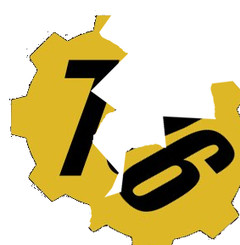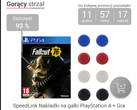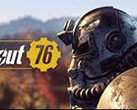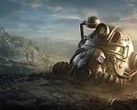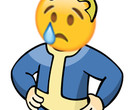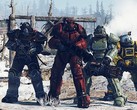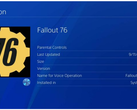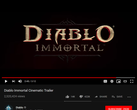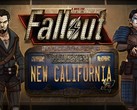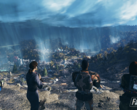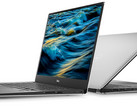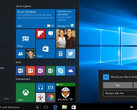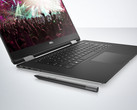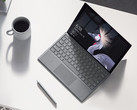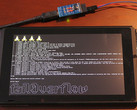Wondering why the Fallout 76 beta was extended this week? It has something to do with a little bug that caused the game to completely delete itself.
Gamers that signed up for the Fallout 76 beta on PC last night were surprised to find the game they had just waited a long time to download and play was deleting itself. A bug in the game’s launcher would cause all game files to irrevocably eradicate themselves from the user’s hard drive.
Bethesda was quick to notice the bug, taking to Twitter to warn players to “not click any buttons on the client for the time being.” Most gamers were fine and saw the warning before sending the game to the losing side of World War III, but a significant portion of beta participants were left with little choice but to re-download the game. All 50 GB of it.
This obviously presented a problem for gamers on metered, slow, or otherwise restricted internet connections. As a bit of recompense, Bethesda announced today that the beta for Fallout 76 would be extended to include November 1 from 2 PM to 11 PM. The bug embedded in the launcher should be fixed, so everything should be good to go for beta testers this Thursday.
That’s one heck of a way to kick off a post-apocalyptic game.


 Deutsch
Deutsch English
English Español
Español Français
Français Italiano
Italiano Nederlands
Nederlands Polski
Polski Português
Português Русский
Русский Türkçe
Türkçe Svenska
Svenska Chinese
Chinese Magyar
Magyar